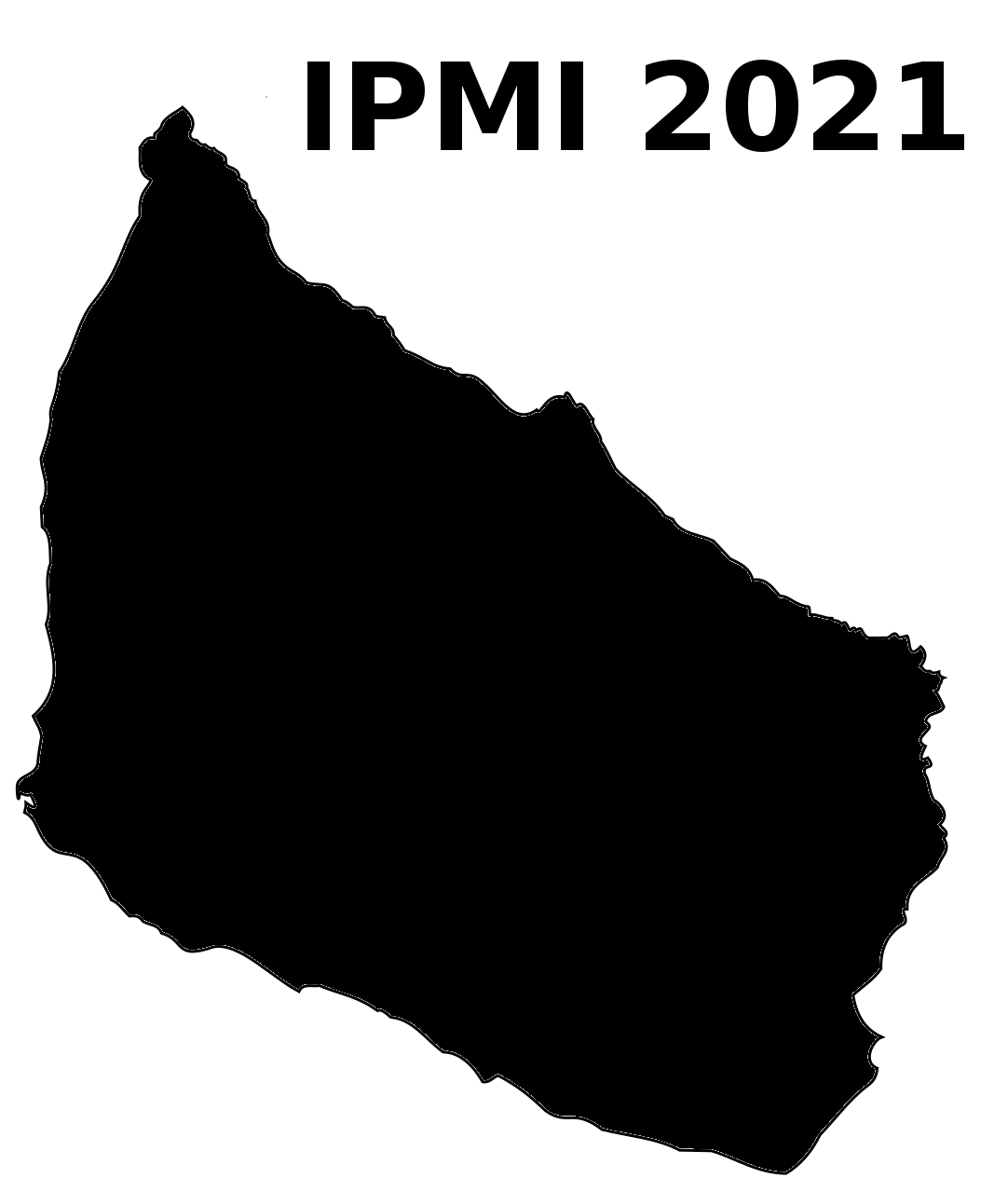Authors: Jiazhou Chen (South China University of Technology)*; Defu Yang (University of North Carolina at Chapel Hill); Hongmin Cai (South China University of Technology); Martin Styner (University of North Carolina); Guorong Wu (UNC-CH)
Abstract: A plethora of neuroscience studies show that neurodegenerative diseases such as Alzheimer’s disease (AD) manifest network dysfunction much earlier before the onset of clinical symptoms, where neuropathological burdens often propagate across brain networks in a prion-like manner. In this context, characterizing the in-vivo spreading pathway of neuropathological events provides a new window to understand the pathophysiological mechanism of AD progression. However, little attention has been paid to the intrinsic geometry associated with the spreading pathway of neuropathological events, which indeed requires a network-specific algebra to quantify the associated propagation profile across individuals. To address this challenge, we propose a novel manifold harmonic approach to construct a set of region-adaptive harmonic wavelets, which allow us to capture diverse local network geometry in the aging population using the “swiss army knife” of the network topology. The learned common harmonic wavelets constitute the most representative spreading pathways that can be used to characterize the local propagation patterns of neuropathology on an individual basis. We have evaluated the power of our novel harmonic wavelets in identifying AD-related spreading pathways that lead to cognitive decline. Compared with other popular empirical biomarkers, the harmonic-based propagation patterns show much high sensitivity and specificity in stratifying cognitive normal (CN), early-stage mild cognitive impairment (MCI), and late-stage MCI, which indicates the great potential of being a putative biomarker in predicting the risk of developing AD at the pre-clinical stage.
